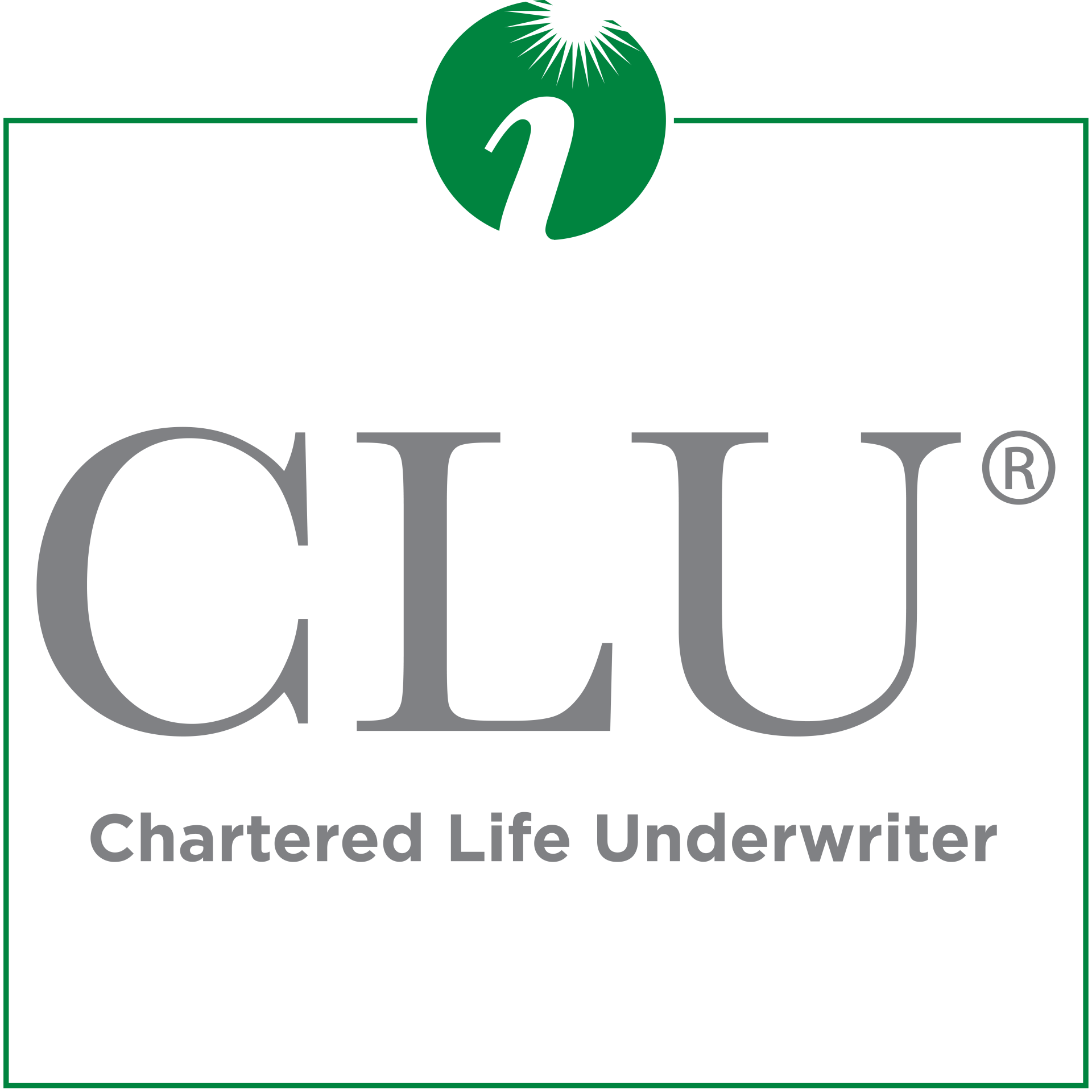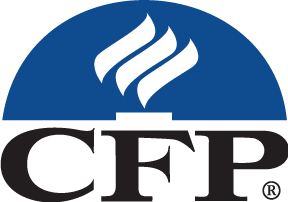Estate Planning: Don’t Put Your Adult Child on Title

Over the years, I have heard many ways that people strategize to move wealth between generations in order to avoid the Estate Administration Tax, otherwise known as probate. In Ontario, probate is triggered when the executor applies for an estate certificate to be issued.
It’s a death tax as far as I’m concerned.
The government swoops in and strips 1.5% off the value of an estate over $50,000. If your estate is small, the bill won’t be large. If your estate is large (north of $250,000) you need to be proactive and put some tactical strategies in place.
A commonly suggested strategy is for an elderly homeowner to add their adult child to the title of their primary residence. This one is the most prevalent and probably the least effective.
This is one of those situations where you pause before you act.
The biggest risk is to the adult child, not to the senior parent. If the adult child owns their own home, and the value of the parent’s home increases in value, the adult child will face a capital gains tax at their marginal rate on the sale of the elderly parent’s home. The capital gains tax for the adult child could be significantly larger than the Estate Administration Tax.
If there are a multitude of beneficiaries, this situation becomes very messy. Good intentions without understanding the impact on all your beneficiaries could mean that your loved ones wind up suing each other.
5 rules before adding your adult child member to your title.
I have some rules that should be discussed before anyone puts pen to paper adding their adult child to title. If you can’t clear every rule, don’t do it.
Rule 1: The adult child should be the ONLY beneficiary of the estate.
Rule 2: The adult child can not own their own home already.
Rule 3: That adult child must want to live in their elderly parent’s home.
Rule 4: The adult child needs to have the mental capacity to care for the home.
Rule 5: The adult child needs to have independent resources to financially care for the home and its ongoing upkeep.
If you can’t check all the boxes, don’t do it. Everyone’s situation is unique and there may be different and better solutions available for the senior homeowner depending on their financial, mental, and physical capacities.
Please reach out if your elderly loved one needs professional financial planning guidance on how to put their estate plan together. At Tayler Insurance & Estate Planning, our solutions are simple and tax efficient. We help retirees grow their wealth, and plan to protect their financial legacy.








